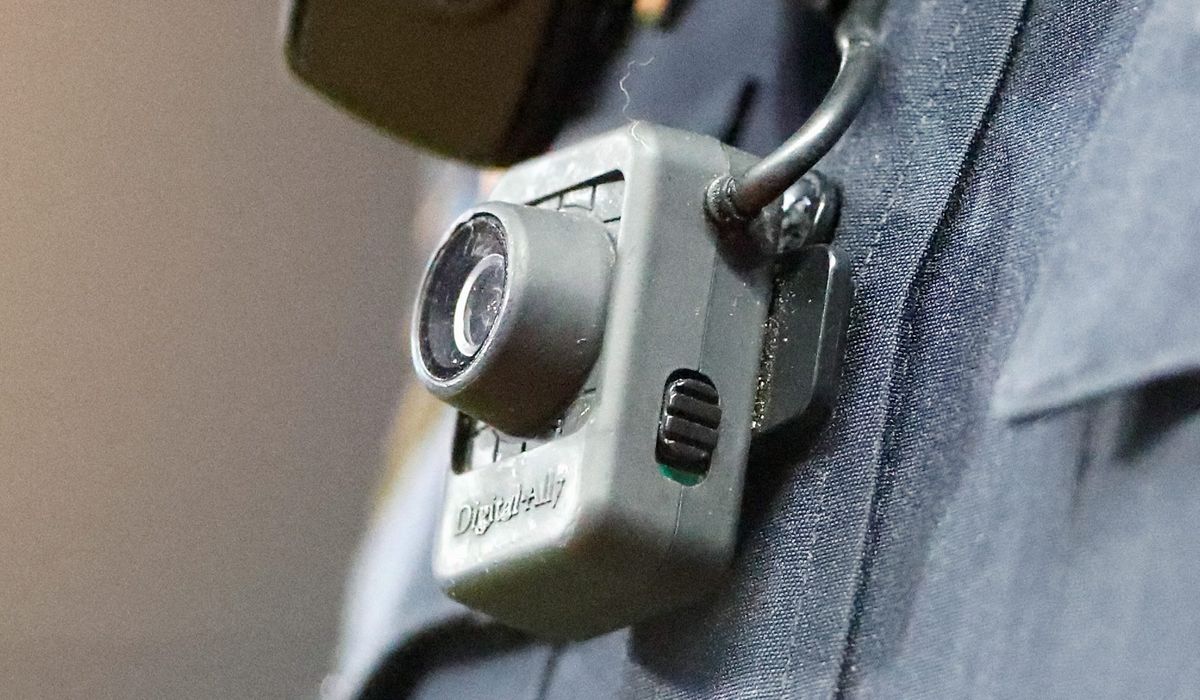

A new audit by the Justice Department Inspector General finds four federal law enforcement agencies are “generally unprepared” to implement body-worn camera programs.
Inspector General Michael E. Horowitz’s report released on Thursday says the federal agencies did not receive any of the $115 million dollars in DOJ grants for camera programs provided to other departments in the last decade. The federal agencies include the FBI, DEA, U.S. Marshals Service and Bureau of Alcohol, Tobacco, Firearms and Explosives.
“For the past decade, the DOJ has studied, supported and promoted the use of body-worn cameras by state, local and tribal law enforcement agencies,” Mr. Horowitz said in a video included with the audit. “Nevertheless, our review found that DOJ law enforcement officers themselves largely did not use body-worn cameras.”
The news comes after the DOJ ended its longstanding camera ban for federal agents earlier this month, a change that has been praised by advocates for police accountability.
Under the new rule, agents are required to film certain operations, including search warrants and pre-planned arrests.
On June 7, the Justice Department sent a memo to all federal law enforcement organizations directing them to create and submit body-worn camera policies (BWC) for review within 30 days.
The audit makes three recommendations for implementing the programs which include estimating costs by determining which operations BWCs should be used in, collaborating with other agencies on policies and reviewing multi-agency purchase contracts.
